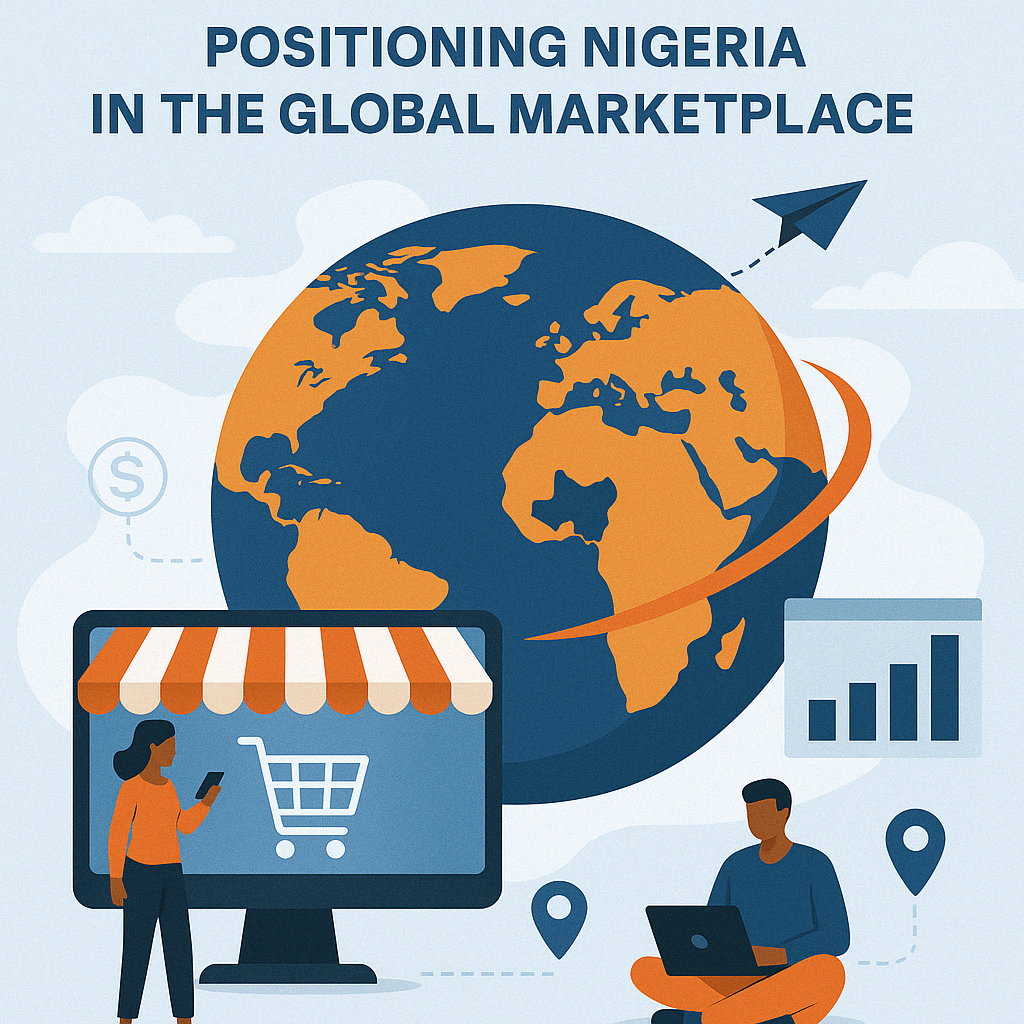
Part I of a III on Digital Trade in Nigeria
Today’s trade is no longer bound by ships and shipping lanes. Digital trade and e-commerce are reshaping how countries engage globally, and Nigeria stands poised to lead in Africa. With a tech-savvy youth population, a surging fintech sector, and rising internet access, Nigeria has the essential ingredients for a digital revolution.
Digital trade now includes more than just online shopping—it covers cross-border data, content, and professional services. Nigerian e-commerce platforms like Jumia, Paystack, Flutterwave, and Konga have grown explosively, drawing foreign investment and making goods accessible even in rural areas. Mobile wallets and peer-to-peer payment systems bring millions of previously unbanked Nigerians into the digital economy.
Still, Nigeria’s total potential hinges on strengthening digital infrastructure, developing a clear regulatory framework, and keeping pace with the dynamic global market. As the country looks beyond oil, digital trade offers a promising path for diversification, job creation, and global competitiveness.
Tags:
#Olasunkanmi Ibrahim #Nigeria #Digital Trade #ECommerce #Fintech #Economy Growth
Olasunkanmi Ibrahim, MBA, is a Corporate & Commercial Attorney with expertise in commercial transactions, corporate governance, sustainability, and international development, and is connected to global reporting initiatives contributing insight at the intersection of law, development, and international impact.
Sources:
Nigeria Startup Act 2022, Central Bank of Nigeria, Nigeria Data Protection Regulation, African Continental Free Trade Area (AfCFTA), National Digital Economy Policy and Strategy (NDEPS) 2020–2030

